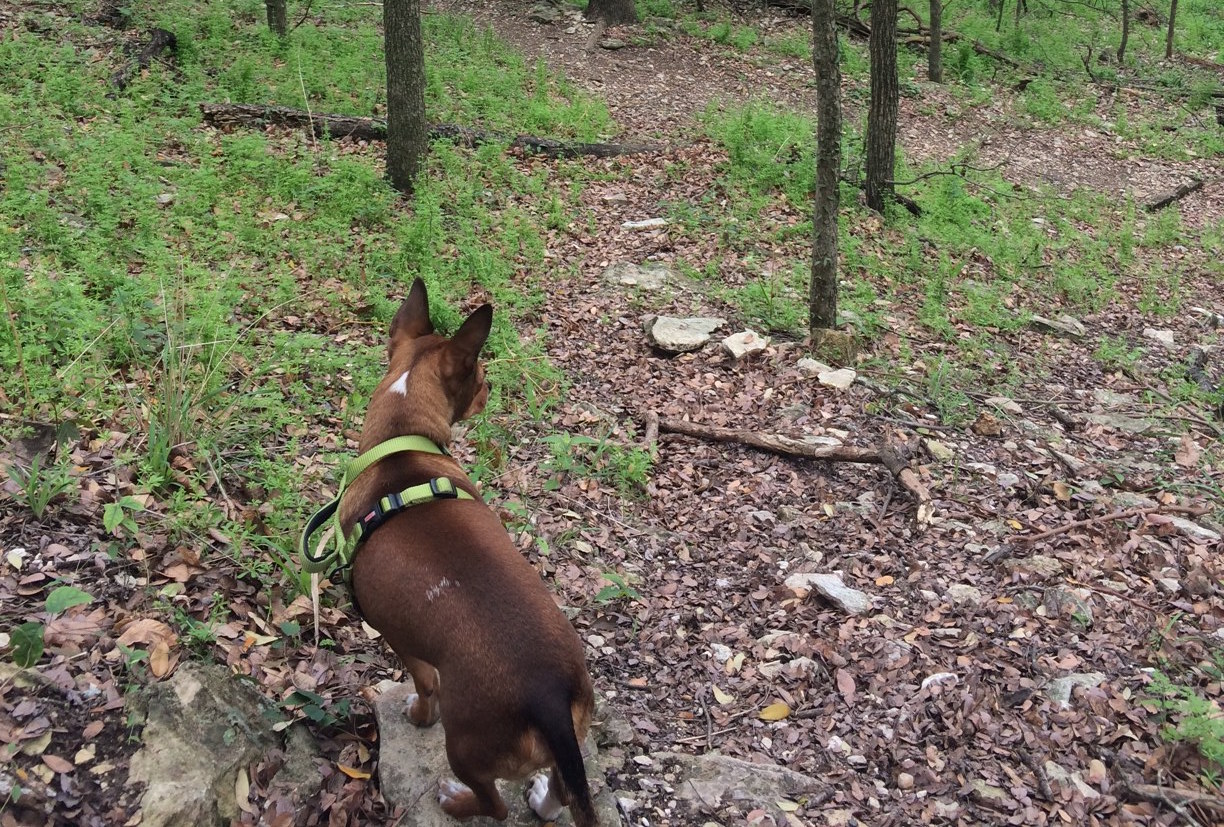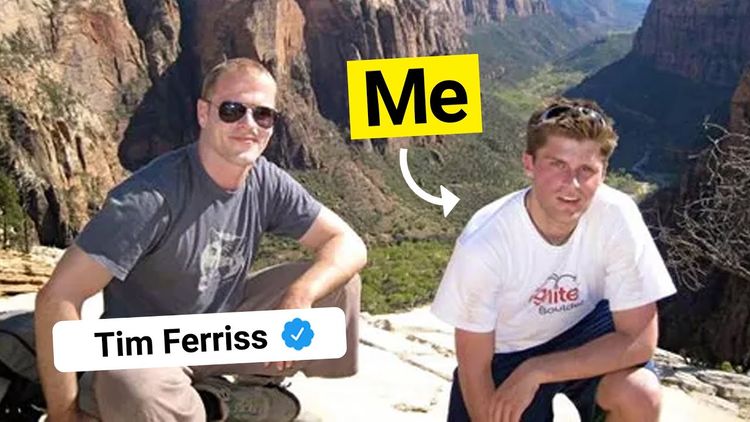Why Dogs Chase Squirrels

This morning, I was walking my girlfriend’s dog, Jack. He’s a little guy who’s tame and sweet, but he’s not very playful.
As we were walking along the path, a squirrel saw Jack coming and quickly ran up a tree. He stopped part way and turned around to watch Jack. When he noticed Jack wasn’t chasing him, he started inching closer to Jack, shaking his tail and making noises.
The squirrel was calling for attention so he could be chased. He was literally asking for it.

We tend to view the animal world as very black-and-white:
Dogs hate squirrels! They want to kill them!
Actually, no. That is a projection of how we’ve been conditioned to perceive other species: as confrontational, aggressive, one-dimensional creatures. But they are much more complex than that.
Dogs and squirrels mostly play together. They tease and chase after each other because it’s fun. It depends on the species of dog, of course. Some dogs will slow down if they get too close to the squirrel (so the game can continue), while other dogs will kill the squirrel in their enthusiasm.
Humans do the same thing. From an early age, we LOVE to be chased. It’s a game that can ultimately help us survive in the event of a real attack. Sometimes we slow down to let the others win, while other times we get too aggressive and injure each other.
Stuart Brown discusses this in his book and TED talk.
Dr. Brown believes the next phase in our evolution will be embracing play, on an interspecies level. It’s not a crazy theory; it’s very possible.
Play is how neural connections are formed in the brain. Play is how mammals bond with each other, and develop empathy. Let’s say it became the norm to expose our children to a much broader variety of play opportunities — specifically, with other species in their natural habitat. This could lead to a dramatic increase in our collective empathy for animals, and result in a more compassionate and holistic mindset in our behaviors toward them.
With nearly 200 species going extinct every day (1,000X faster than the “normal rate” of extinction), we need to find innovative ways to reduce our black-and-white prejudices toward other species, while rapidly increasing our compassion for them.





Member discussion